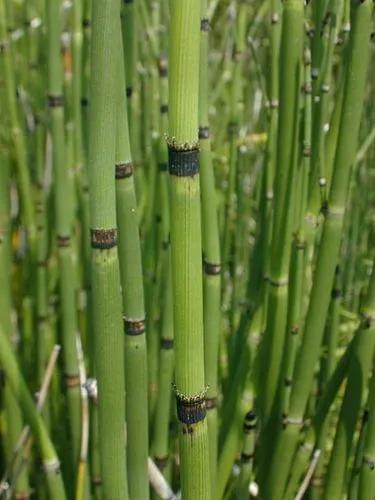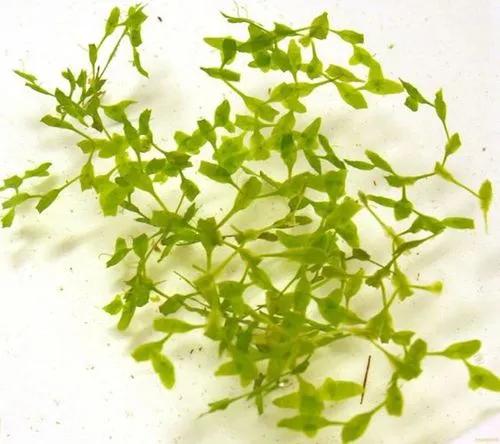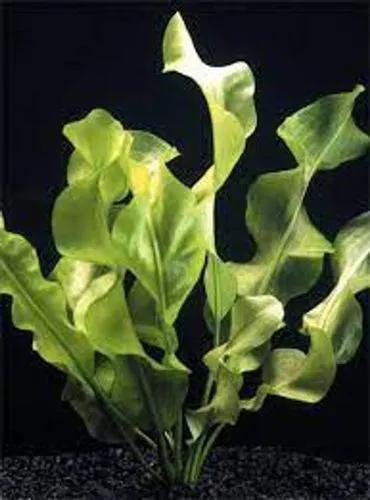Kali turgidum, commonly known as prickly saltwort or prickly glasswort, is an annual plant that grows in salty sandy coastal soils. Its distributional range is in Europe along the shores of Baltic Sea, North Sea and the Atlantic Ocean. In the Mediterranean and at dry inland places it is replaced by Kali tragus, which is less tolerant to salty soils, and has spread from Eurasia to other continents. Kali turgidum does not seem to occur as an introduced species in America.
Prickly Saltwort Care
Salsola Kali



How to Care for the Plant

Water

Once per week should be adequate.

Pruning

Leaves may be harvested for fresh use once the plants have become established. Harvest promptly to avoid woody stems and prickly leaf tips.

Sunlight

Full sun to part shade.

Soil

Saltwort does best in well-drained sandy or loamy soil with occasional fertilization

Temperature

Ideal soil temperature is 75°F (24°C) until germination, then reduced to 60°F (16°C). Optimal ambient temperatures are variety-specific, but 65–75°F (18–24°C) is generally a favorable range.

Additional

May cause oxalate poisoning and nitrate poisoning. Green plants less than 150 mm tall appear to be the most toxic.

Popularity

24 people already have this plant 7 people have added this plant to their wishlists
Discover more plants with the list below
Popular articles






